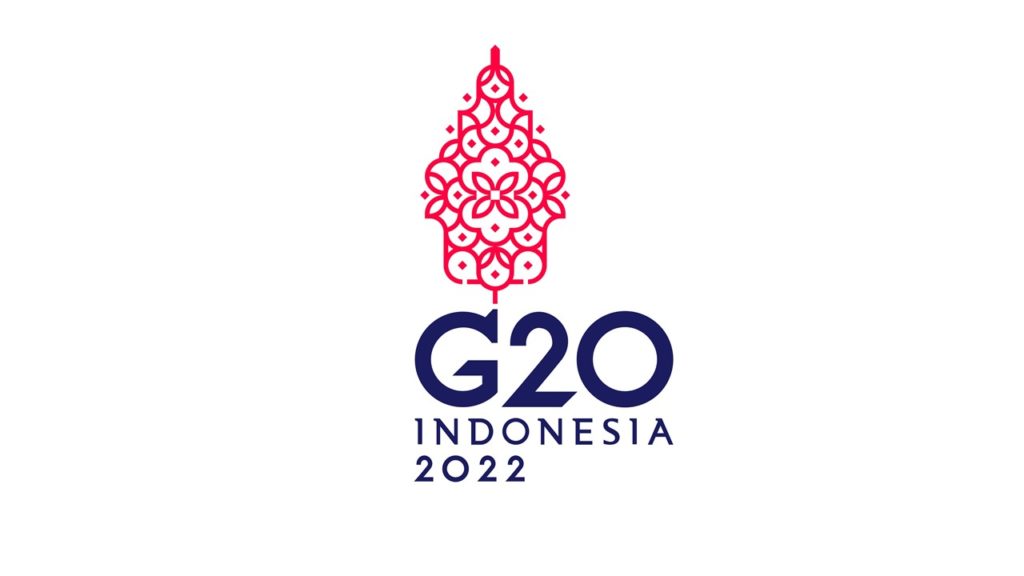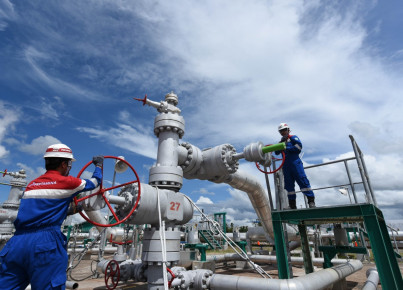Focus on Indonesia's G20
Jakarta could direct the attention of the global North towards developing Asia, but it may miss the opportunity to step out of the mainstream of multilateralism. Here are what challenges it brings with it
Indonesia will lead the presidency of the G20 from the 1st of December 2021 to 30th November 2022. It is the first time Jakarta has obtained the leadership of the multilateral group, which includes 19 of the largest economies and the European Union. Founded in 1999 as a platform for discussing economic issues, it soon spread to other global problems. The handover between Italy and Indonesia, discussed at the summit in Rome on October 30-31st, was an opportunity to highlight some of the most challenging: climate crisis, health emergency, management of global markets are just some of the terms most mentioned by leaders gathered on that occasion.
The presidency of Indonesia will see emerging economies as protagonists: in 2023 it will be India's turn, followed by Brazil and then South Africa. "This is an honor for us, for Indonesia, and at the same time a great responsibility, which we must do well," said Indonesian President Joko Widodo, better known as Jokowi. It is not for nothing that the theme of 2022 is "Recover Together, Recover Stronger", an expression that contains that character of inclusiveness in which the Indonesian-led presidency will try to aim.
According to what was declared at the end of the Rome summit, in 2022 the projects with a view to health security, emissions reduction, and market management should be implemented to contain the economic crisis caused by the pandemic. Challenges that are not simple, which Jakarta will have to carry on their shoulders as the only ASEAN member included in the club.
Climate crisis and sustainable development
Like other Southeast Asian countries, Indonesia is exposed to increasingly frequent extreme climatic events (2510 reported in 2020, compared to 535 in 2005). Therefore, Indonesia - as said by Jokowi - hopes to “offer a platform for global partnerships and international funding to support the energy transition to cleaner renewables”.
Jokowi is aware of the difficulties of emerging economies facing the transformations that the energy transition requires. What has been considered one of the main solutions on the table is, for developing countries, a challenge that first requires universal access to quality electricity. Indonesia alone has sovereignty over 17,500 islands and a sinking capital, while the economic policy is deeply rooted around fossil fuels. The projects are many and quite ambitious, such as a solar park in Java which will be completed by the end of 2022 and will be, with its 145 megawatts, the largest in the country.
Sustainable development requires a different approach than that adopted by the global North. The arrival of Indonesia at the head of one of the representative organizations of this reality could bring new ideas that are often underestimated. In 2014, Jokowi started introducing many reforms to increase individual well-being. Consequently, the Gini coefficient for income inequality in Indonesia has started to decline for the first time in 15 years: today it has stabilized at around 38.2 (that of Italy is at 35.9). The issue of health cooperation will also remain important to support countries in difficulty, which remains an important topic for domestic politics as well: in recent years, for example, Jokowi has introduced a review of health insurance with a view to universalizing the system. sanitary.
Jakarta maintains prudent fiscal policies, to the point that the national debt remains below 40% of GDP. This political vision is accompanied, not without criticality (as in the case of labor laws), by a clear support for liberalization. In this way, Jokowi's reforms have helped to improve Indonesia's position in the World Bank's Doing Business Index from 120th place in 2014 to 73rd in 2020. In this sense, Jakarta remains a welcome guest in the G20, and a potential example of economic development for the rest of the region.
International cooperation
Indonesia's caution also remains high in foreign policy, where Jokowi has been able to maintain active links with both China and the United States. The control over public debt has made it possible to welcome the Chinese projects of the Belt and Road initiative to accelerate infrastructure development plans, while the attention towards other potential investors remains high. It is no coincidence that the landing page of the site dedicated to the presidency of Indonesia reveals the intention to present the country to the world, make it more attractive and trustworthy by the international community. The promise, signed during the G20 in Rome, to tax multinationals with a global tax of 15% could seem another good prerequisite for Jakarta to open up to the world. Furthermore, from a political point of view, Jokowi has been able to manage the inter-ethnic conflicts in the country and is the only Muslim leader who has reached the presidency through regular democratic procedures.
Caution and compromises: the Indonesian presidency contains that accommodating leadership that lends itself to buffering ideological frictions in a particularly complex historical phase for the international community. Different, but complementary to a political and economic model like Western democracies. The G20 in Rome intended to reaffirm the model of multilateral international relations, while the world risks slipping into small neighborhood conflicts that hinder the cooperation and supervision of external actors. It is beginning to become clear that in the face of these tensions, the power of international institutions to give sufficient answers to contemporary problems has perhaps been overestimated, while the presence of Indonesia could bring attention back to those countries that have yet to catch up with the rest. of the world.






